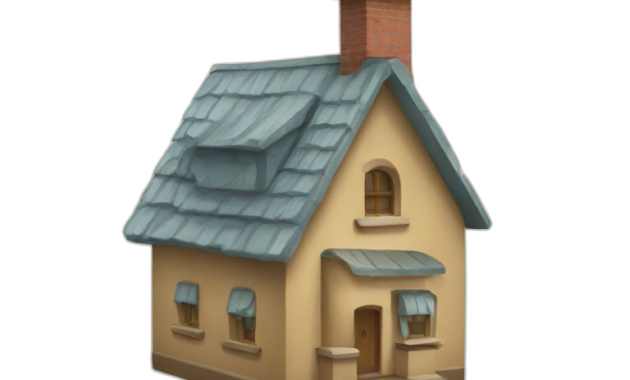When thinking about buying a home, one of the most important questions to ask is how much a mortgage will cost. Understanding the factors that influence the cost of a mortgage can help you make informed decisions and plan for your financial future. In this guide, we will explore the various elements that contribute to the overall cost of a mortgage, helping you get a clearer picture of what to expect.
Understanding Mortgage Basics
A mortgage is a loan that helps you buy a home. When you take out a mortgage, you agree to pay back the loan over a set period, typically over a long time. The cost of a mortgage is not just about the price of the home; it also includes several other expenses that can add up over time.
Interest Rates and Their Impact
One of the most significant factors affecting the cost of a mortgage is the interest rate. The interest rate is the percentage of the loan amount that you pay to the lender as a fee for borrowing the money. The rate can be fixed or variable, depending on the type of mortgage you choose.
A fixed-rate mortgage keeps the same interest rate for the entire term of the loan, meaning your monthly payments will remain consistent. This can provide stability and predictability in your budgeting. On the other hand, a variable-rate mortgage may start with a lower interest rate, but it can change over time, which might lead to fluctuating monthly payments.
The interest rate you qualify for depends on several factors, including your credit score, the size of your down payment, and the overall economic climate. A lower interest rate generally means lower monthly payments and less interest paid over the life of the loan.
The Role of Down Payments
A down payment is the initial amount you pay toward the purchase of your home. The size of your down payment can significantly influence the overall cost of your mortgage. A larger down payment reduces the loan amount, which can lower your monthly payments and decrease the total interest paid over time.
In addition to reducing the loan amount, a larger down payment can also help you secure a lower interest rate. Lenders often view borrowers who can make substantial down payments as less risky, which may result in more favorable loan terms.
Additional Costs to Consider
Beyond the interest rate and down payment, there are other costs associated with taking out a mortgage. These can include closing costs, property taxes, and homeowners insurance. It is important to factor these expenses into your overall budget when determining how much a mortgage will cost you.
Closing costs are fees paid at the time of finalizing the mortgage, and they can cover various services such as home appraisals, title searches, and legal fees. These costs can vary depending on your location and the specific terms of your mortgage.
Property taxes are ongoing expenses that are typically paid annually. The amount you pay in property taxes depends on the assessed value of your home and the tax rate in your area. It is important to budget for these taxes, as they can add to the overall cost of homeownership.
Homeowners insurance is another essential cost to consider. This insurance protects your home and belongings from damage or loss due to events such as fire, theft, or natural disasters. The cost of homeowners insurance varies depending on the value of your home, the coverage you choose, and your location.
Mortgage Term and Its Influence
The term of your mortgage, or the length of time you have to repay the loan, also affects the cost. A shorter mortgage term typically results in higher monthly payments but lower total interest paid over the life of the loan. Conversely, a longer mortgage term can lead to lower monthly payments, but you may end up paying more in interest over time.
Choosing the right mortgage term depends on your financial goals and budget. If you can afford higher monthly payments and want to save on interest, a shorter term might be the best option. However, if you prefer lower monthly payments and are comfortable with paying more in interest, a longer term could be more suitable.
Conclusion
Understanding how much a mortgage costs involves considering multiple factors, including interest rates, down payments, and additional expenses. By carefully evaluating these elements, you can make informed decisions that align with your financial situation and homeownership goals. Whether you are a first-time homebuyer or looking to refinance an existing mortgage, knowing what influences the cost can help you navigate the process with confidence.
